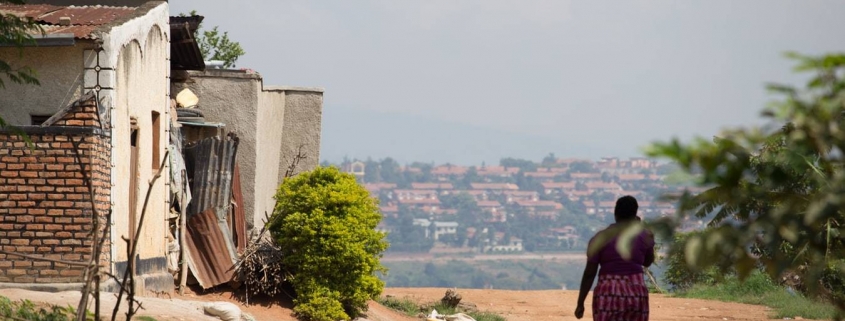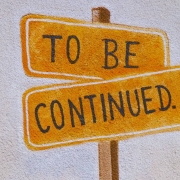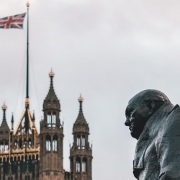Innovative African entrepreneurs are challenging Western perceptions of their continent, but there is still a way to go before its potential can be fully realised.
Africa is digitising extremely quickly. By 2020 there will be more than 700m smartphone connections in Africa – more than twice the projected number in North America and not far from the total in Europe, according to GSMA, an association of mobile phone operators. According to Euromonitor’s Africa Rising report, by 2030 Africa will have 16% of the world’s internet users. This is a 260% growth from 2017. This presents great opportunities for innovation and development.
Tech is proving useful in serious ways. One example is farmers in Zimbabwe having access to instant weather forecasts for the first time. This means that they can grow more, and in a region where food insecurity remains a significant issue the importance of this can not be overstated. Another example is in north-eastern Nigeria, the home of notorious terrorist group Boko Haram, where mobile phones are providing a way for remote communities to raise the alarm about potential attacks. There is now usually at least 1 mobile phone per village, and even though texting is difficult due to low literacy rates, the ability to call could be the difference between life and death.
However, many issues remain with tech in Africa. Poor or nonexistent infrastructure is a big one. Whilst Africans are increasingly connected, primarily through smartphones, issues powering and connecting these devices limits their useage potential. For example, only around 1/3 of people in sub-saharan Africa have access to grid electricity. This makes it difficult for one of the poorest regions in the world to reap the huge growth potential that technology offers.
Another infrastructure issue is connectivity. Internet penetration in Africa jumped from very low levels in 2009 to 16% of individuals in 2013 and over 20% in 2015. But the proportion of people online is still far behind the global average. Only 17.4% of individuals have access to mobile broadband, while fixed broadband connections remain very low. Countries will have to keep up with rising demand for bandwidth in order to drive innovation and enable the shift to digital across all sectors.
Interestingly, Mark Zuckerberg and his tech peers have committed to 100% internet connectivity for everyone and have begun realising this by exploring how they can “beam” internet to poorly networked regions across Africa. Whilst we probably shouldn’t be relying on the benevolence of tech billionaires with a history of questionable practices to provide such basic services, it shows a recognition of the vast potential of the continent by important players.










Leave a Reply
Want to join the discussion?Feel free to contribute!